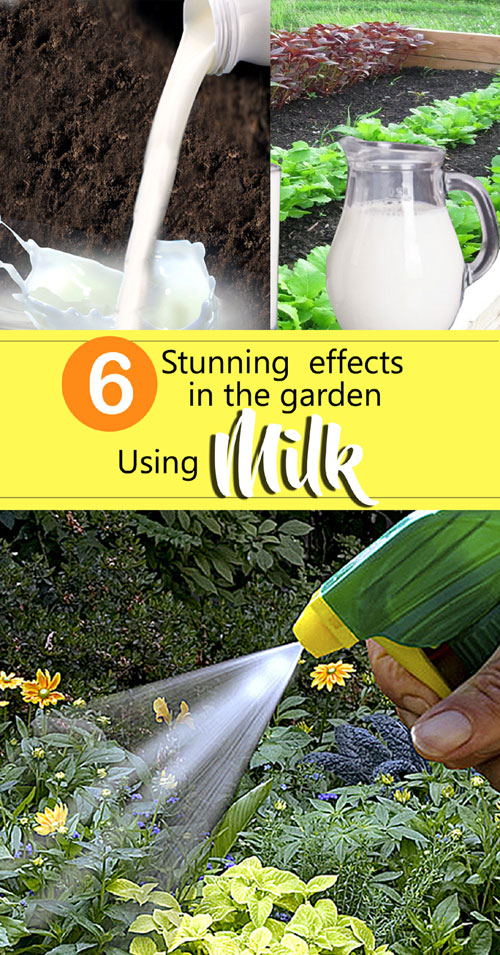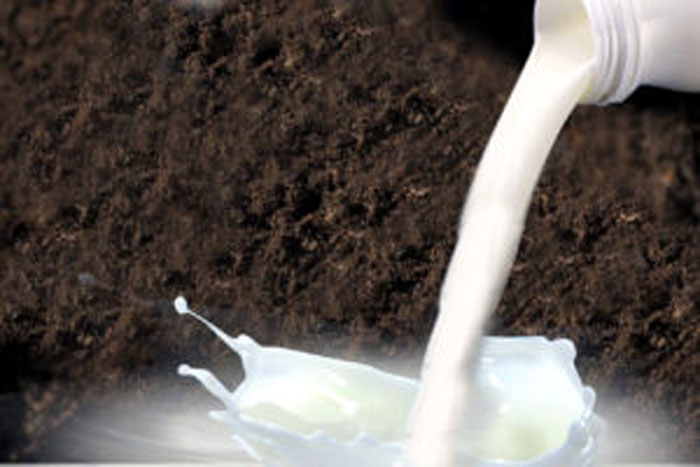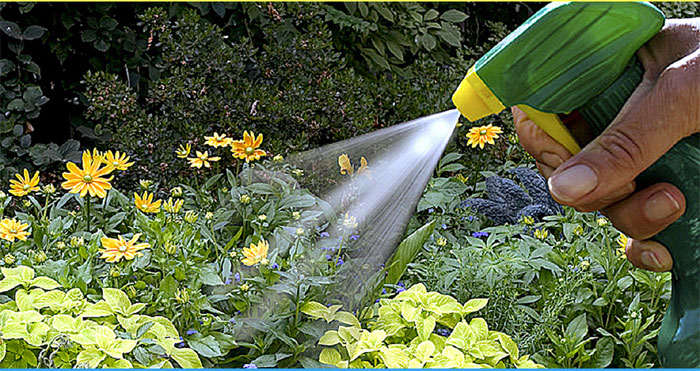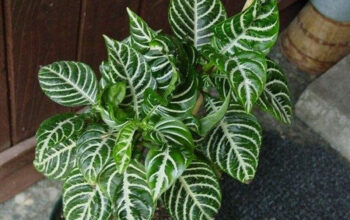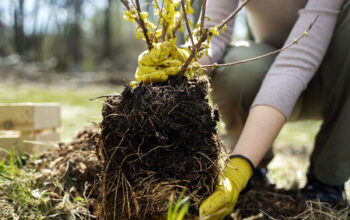Milk in the garden as a fertilizer
Have you ever pondered the effectiveness of milk in gardening? It’s a little-known fact that milk can significantly benefit your garden, as it contains amino acids, proteins, enzymes, and natural sugars that are beneficial to both humans and animals.
Gardeners can utilize milk as a fertilizer to enrich the soil, providing a conducive environment for beneficial microbes, worms, and other organisms to thrive.
This informative piece also explores the various unconventional uses of household items, including the utilization of cinnamon, fruits and vegetable peels, Epsom salts, and vinegar in gardening. Find it more.
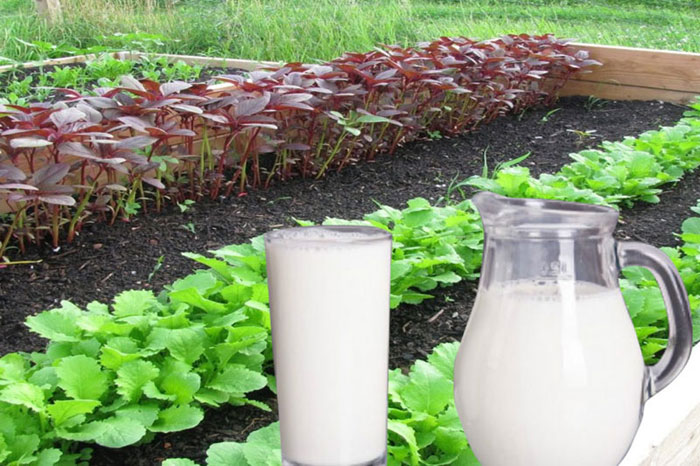
1. Milk as a fertilizer
As mentioned in the previous post, milk can be beneficial in the garden as a fertilizer. When diluted with 20% water, it provides calcium and moisture to plants, which is particularly useful for tomatoes, squash, and chilies prone to blossom-end-rot due to potassium deficiency. calcium.
*Do not discourage the use of milk because it has some drawbacks too. If the use of an excess quantity of milk, Due to bad odor, bacteria, and fat are spoil and wilt and poor growth.
* Similarly, the use of dry skim milk causes black and soft rot.
2. Used as an effective pesticide
Diluted milk can act as an effective pesticide against aphids and can also help reduce the spread of mosaic leaf viruses and fungal diseases such as Powder Mildew when sprinkled on plant leaves, due to its antifungal properties.
3. Increase the growth of soil in the garden
Use it raw; this is a perfect food for the soil, which provides food for plants and soil. It increases the activity and growth of microorganisms present in the soil. Research has shown that after the use, there is an increase in the ability to absorb soil porosity, air, and water.
4. Blossom-end-rot
Blossom-end rot is a disorder found in tomatoes, which affects tomatoes due to calcium deficiency. You may have seen in your garden several times that the blended tomato starts rotting after a time, from which the bottom part of the tomato becomes dark brown and the fruit gets mature. Once the tomatoes are infected with blossom-end rot, there is no way to fix it. The best solution for this is you use Powder at planting time; it caters to the lack of calcium during the growing season in the plant and helps in preventing this disease.
5. Using Molasses and milk in the garden
Using molasses and milk, there is a surprising effect on the garden. Junk helps feed and manage the micro-organisms found in the soil. A mixture of 1 cup milk and 4 cup water, with 3 spoons molasses, prepares a meal for the plant. It is also better for those who are promoting the organic style in the garden. They must be seen using the method described above. Read it more.
6. Sprays on Black Spot Roses
The most prevalent disease affecting roses is black spot, and if left untreated, it can quickly spiral out of control. The gradual loss of leaves leaving the plant bare is a result of the fungus Diplocarpon rose.
To address this issue, dilute milk and apply it to the affected areas, as it contains lactoferrin, a potent bactericidal and fungicide.
A mixture of two parts water and a spray of this solution on the affected plant will help combat the problem.
Method of use
- you can utilize fresh, vaporized, or powdered milk by mixing it with an equal amount of water and then spraying it onto the leaves.
- Exercise caution when using this method with tomatoes as milk can be highly susceptible to fungal diseases.
- Be sure to promptly remove any milk residue from the leaves using a cloth or water spray, especially in small garden settings.
- Avoid using chemical fertilizers in conjunction with this method, as the milk mixture may produce a noticeable odor as it decomposes.
For Pin:
